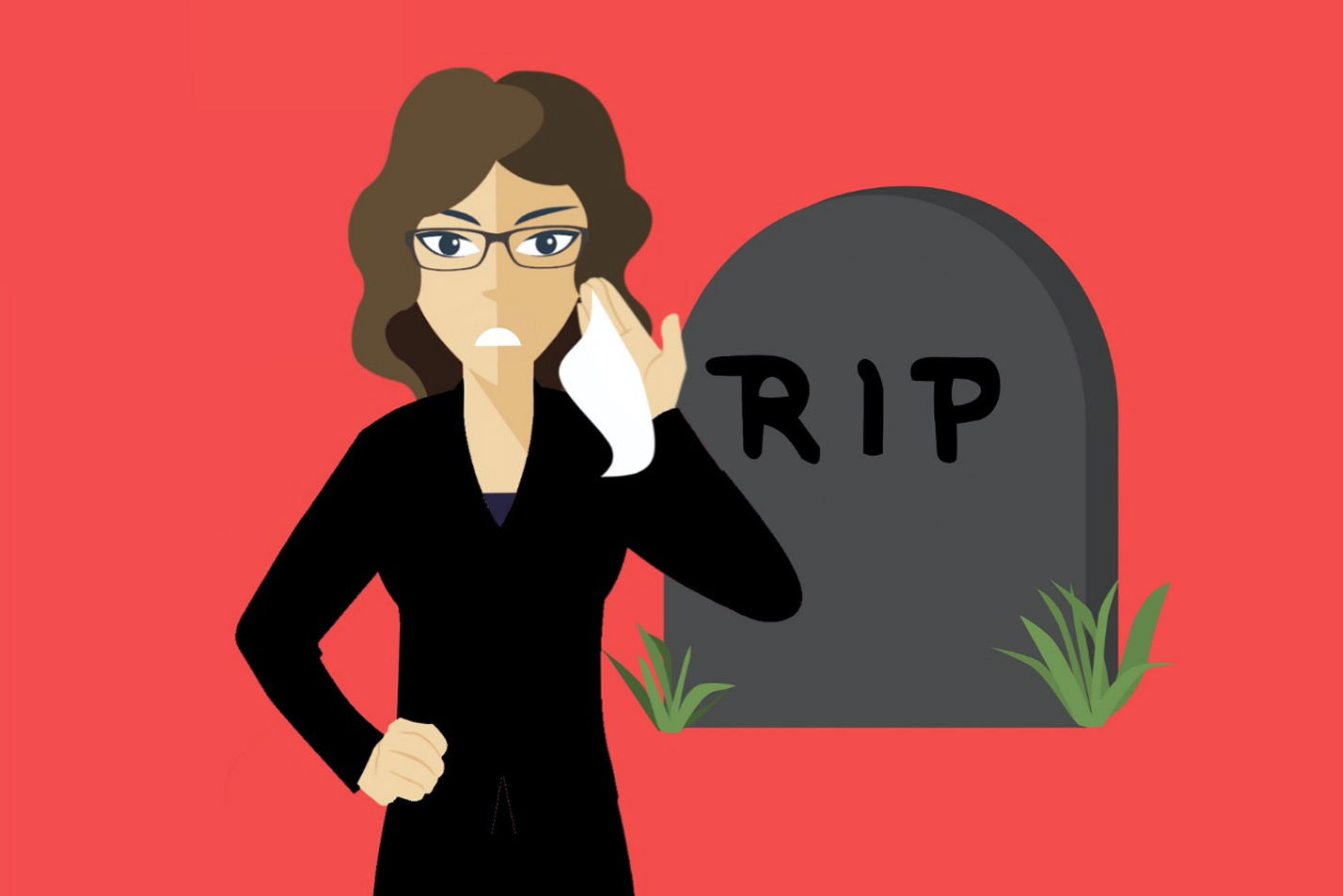
The Social Security Act was signed into law by President Franklin D. Roosevelt in 1935, when he created Social Security, a federal safety net for elderly, unemployed and disadvantaged Americans1.
The original purpose of the bill was to pay financial benefits to retirees. The bill also included financial assistance for widows.
Let’s take an overview look at the widow benefits available under Social Security:
Can you collect your spouse’s Social Security benefits if they die? Yes, a surviving spouse is eligible for survivor benefits. A surviving spouse can collect up to 100% of the late spouse’s benefit if the survivor is full retirement age or older2.
If the surviving spouse decides to collect widower benefits prior to full retirement age, the benefit amount will be reduced by a fraction of a percent for each month before full retirement age. The earliest a widow can start receiving Social Security survivor benefits is at age 60.
What happens if you were already receiving spousal benefits on your late spouse’s work record? The Social Security office will automatically switch your payments to survivor benefits once the death has been reported to them.
The Social Security office should be notified as soon as possible when a person dies, and they will contact you if they need additional information.
If you were getting benefits based on your own work record, then you will receive survivor benefits only if they exceed your own payments.
What if you are divorced and your ex-spouse dies, can you still be entitled to survivor benefits? Yes, if your marriage lasted at least 10 years and you haven’t remarried (before the age of 60) then you are entitled to survivor benefits.
If you remarry after you reach age 60 (age 50 if disabled), your remarriage will not affect your eligibility for survivor benefits.
Each widow’s situation is different. It’s best to speak with the Social Security office to figure out your options. There are several ways to contact the Social Security office, including online, by phone or in person.
(The Social Security office temporarily closed local offices in response to the COVID-19 outbreak. To get the latest information please visit their website).
You may be required to submit specific documents, like a copy of a death certificate, marriage certificate, proof of citizenship, or divorce decree, so having these and the other important information handy will help speed up the process.
Once you collect the choices of your options, work with your financial professional to determine what option is the best for you based on your specific situation.
Source 1 https://www.history.com/topics/great-depression/social-security-act
Source 2https://www.ssa.gov/benefits/survivors/ifyou.html#h6
